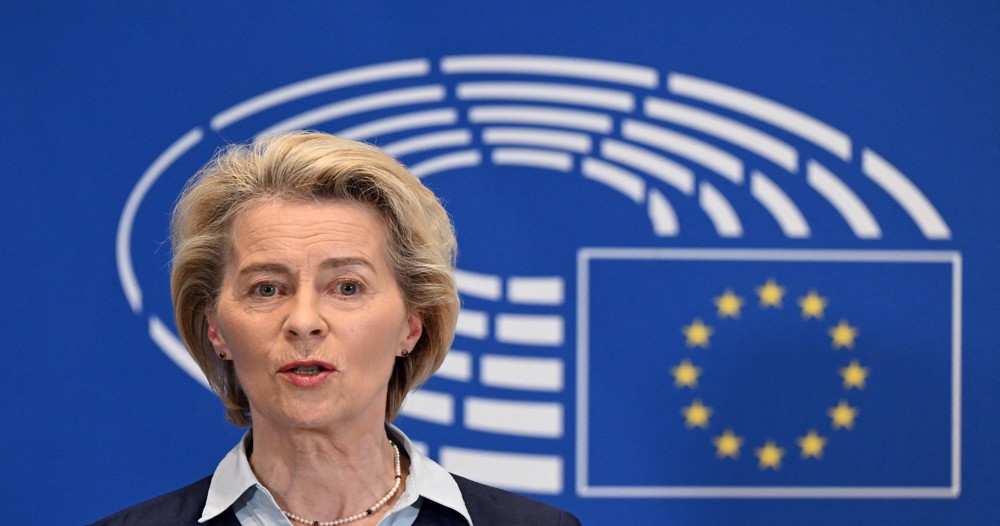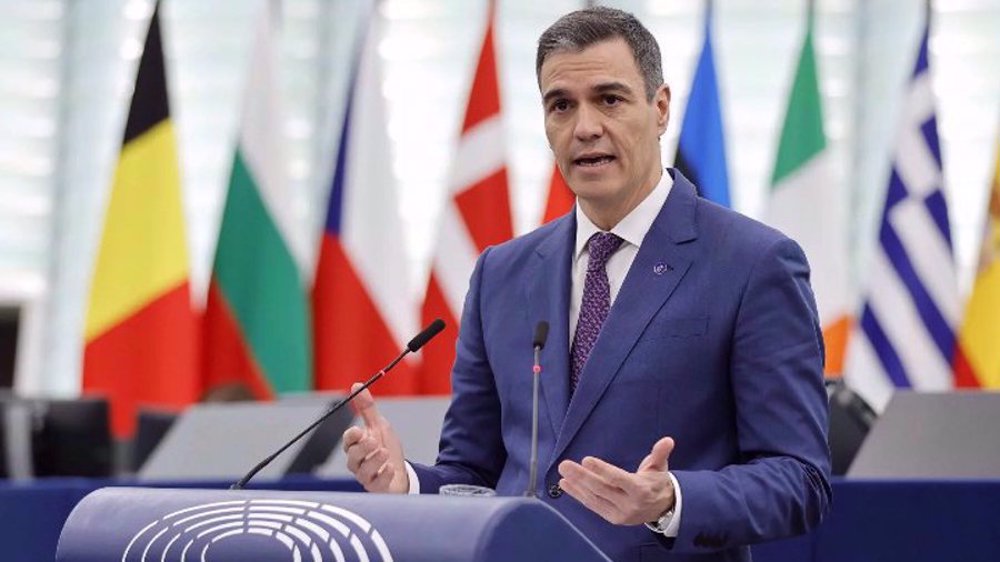Greek PM unveils ‘plan for post-bailout future’
Greece’s Prime Minister Alexis Tsipras has promised economic relief after eight years of eye-watering austerity measures.
Tsipras on Saturday pledged increased spending to heal years of painful austerity and unveiled plans for tax cuts.
Speaking to an audience of officials, diplomats, and businessmen in the northern city of Thessaloniki, Tsipras — who faces elections in about a year’s time — said spending would help boost economic growth.
“We will not allow Greece to revert to the era of deficits and fiscal derailment,” he said.
The government would now “safely plan its post-bailout future,” he declared.
Tsipras came to power in January 2015 on an anti-austerity platform; he had pledged to oppose the austerity measures accepted by the former government in return for bailouts from international creditors at a time of acute financial crisis. But he reversed position soon after taking office, taking the country down the path of loan-taking from lenders, who demanded austerity measures to have their loans paid off.
Under the strict conditions imposed by the lenders — including the International Monetary Fund (IMF) — Athens had to keep tight control over its public spending. The Greek economy, in the meantime, was to emerge out of financial crisis together with the bailouts and thrifty spending.
According to Tsipras, that outcome has finally come about.
“Today, I can look in your eyes and tell each one of you that your insistence and your patience have borne fruit,” he said in his Saturday remarks.
The Greek prime minister has promised a reduction of corporate taxes from 29 percent to 25, as well as an average 30 percent reduction in property taxes. He also promised to reduce the main value added tax rate by two points to 22 percent.
In addition, he said he would reduce unemployment, reinstate cancelled labor rights, and increase the minimum wage.
Despite the rosy picture depicted by Tsipras, Greece is yet to fully pay back its debts. The country’s debt to the eurozone states — more than 200 billion euros — will be paid off by 2060.
Israeli airstrike kills at least 7 people in Rafah
VIDEO | Iranians hold nationwide demos in support of IRGC
Syria condemns US veto of Palestine UN membership resolution
Iraqi resistance forces hit Israeli Ovda air base
Hackers break into Israeli military’s computers, access trove of documents
Tulkarm Brigade commander killed by Israeli forces in raid on refugee camp
Zionist media desperately trying to turn Israeli defeat into victory: Iran
VIDEO | Press TV's news headlines















 This makes it easy to access the Press TV website
This makes it easy to access the Press TV website